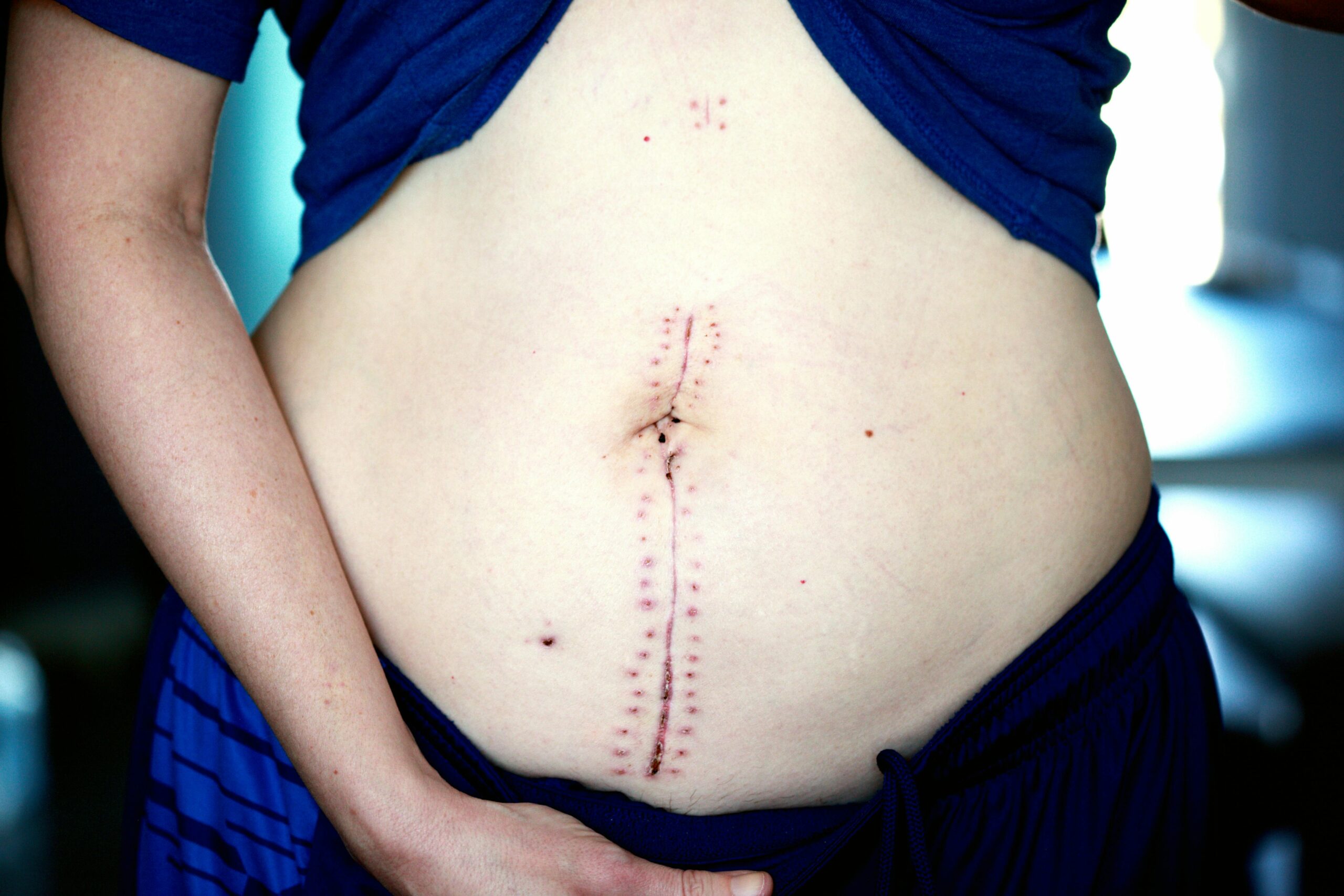Recovering from surgery is not just about healing internal wounds—your skin also needs care and attention to recover fully. Post-surgery skin often experiences swelling, sensitivity, and scarring, which require a gentle and targeted skincare routine. With the right steps, you can enhance your recovery, reduce scarring, and restore your skin’s natural health and glow.
Understanding Post-Surgery Skin Needs
After surgery, your skin’s barrier may be compromised, making it more vulnerable to irritation, dryness, and infection. The healing process involves inflammation, collagen production, and cell regeneration. Providing the right care during this period can significantly improve outcomes.
Key concerns after surgery include:
- Scarring: Surgical incisions often lead to scars, which can vary in severity depending on care.
- Swelling and redness: Common due to inflammation, requiring soothing products.
- Dryness and sensitivity: Medications and wound healing can disrupt your skin’s moisture balance.
Skincare Tips for Post-Surgery Recovery
1. Follow Your Doctor’s Instructions
Your surgeon’s advice should be your primary guide. Use only the products and treatments they recommend to avoid complications. If unsure about introducing new products, consult your doctor first.
2. Keep the Area Clean and Moisturized
- Gentle cleansing: Use a mild, fragrance-free cleanser to remove dirt and bacteria without irritating the skin.
- Hydration: Apply a lightweight, hypoallergenic moisturizer to prevent dryness and support the skin’s healing process.
Avoid harsh scrubbing or using exfoliants, as your skin is in a delicate state.
3. Protect Against Infection
Proper wound care is crucial. Change dressings as instructed and keep the area sterile. Use antibacterial ointments if prescribed, and avoid touching the area unnecessarily to reduce the risk of introducing bacteria.
4. Reduce Swelling and Inflammation
Swelling is common after surgery but can be managed with:
- Cold compresses: Apply gently to the area to soothe inflammation.
- Anti-inflammatory creams: Use products approved by your doctor to minimize redness and discomfort.
5. Prioritize Sun Protection
UV rays can darken scars and delay healing. Always apply a broad-spectrum sunscreen with SPF 30 or higher to the surgical area (once healed) and other exposed skin. Consider wearing protective clothing and hats for added coverage.
6. Incorporate Scar-Reducing Treatments
To minimize scarring, use silicone sheets, gels, or scar creams as recommended. Massage the area gently to improve blood circulation and promote collagen remodeling. Patience is key—scars can take months to fade.
7. Avoid Makeup on Healing Skin
If the surgical area is on your face, avoid applying makeup until the wound has fully healed. Once cleared by your doctor, opt for non-comedogenic and hypoallergenic products to avoid irritation.
8. Stay Hydrated and Eat Nutrient-Rich Foods
Healthy skin starts from within. Drink plenty of water and consume foods rich in vitamins A, C, and E, as well as zinc. These nutrients support collagen production and speed up skin repair.
9. Be Patient and Gentle with Your Skin
Healing takes time, and overloading your skin with products or treatments can do more harm than good. Stick to a simple routine and allow your skin to recover at its own pace.
10. Monitor for Unusual Signs
Keep an eye on your skin for signs of infection, such as increased redness, warmth, or discharge. Contact your doctor immediately if you notice any concerning changes.
Conclusion
Proper skincare during post-surgery recovery can make a significant difference in how your skin heals. By following a gentle routine, protecting your skin from irritants, and staying consistent with your care, you can enhance the healing process and minimize scarring. Remember, patience and consistency are key to achieving healthy, radiant skin after surgery.
Frequently Asked Questions (FAQs)
1. When can I start using skincare products on the surgical site?
You should wait until the wound has closed and your doctor gives the green light. Using products too early can interfere with the healing process.
2. Can I use natural remedies like aloe vera on my scars?
Aloe vera can be soothing, but it’s important to consult your doctor before applying any natural remedies. Not all natural products are suitable for healing wounds.
3. How long does it take for surgical scars to fade?
Surgical scars can take several months to a year to fade, depending on their size, depth, and how well they’re cared for. Consistent use of scar treatments can speed up the process.
4. Is it normal for the skin around the surgical site to feel tight?
Yes, tightness is common as the skin heals and forms new tissue. Regularly moisturizing and gently massaging the area can help alleviate this sensation.
5. Can I exfoliate the skin around the surgical site?
Exfoliation should be avoided until the area is fully healed. Once healed, use a gentle exfoliant to remove dead skin cells without irritating the new skin.



